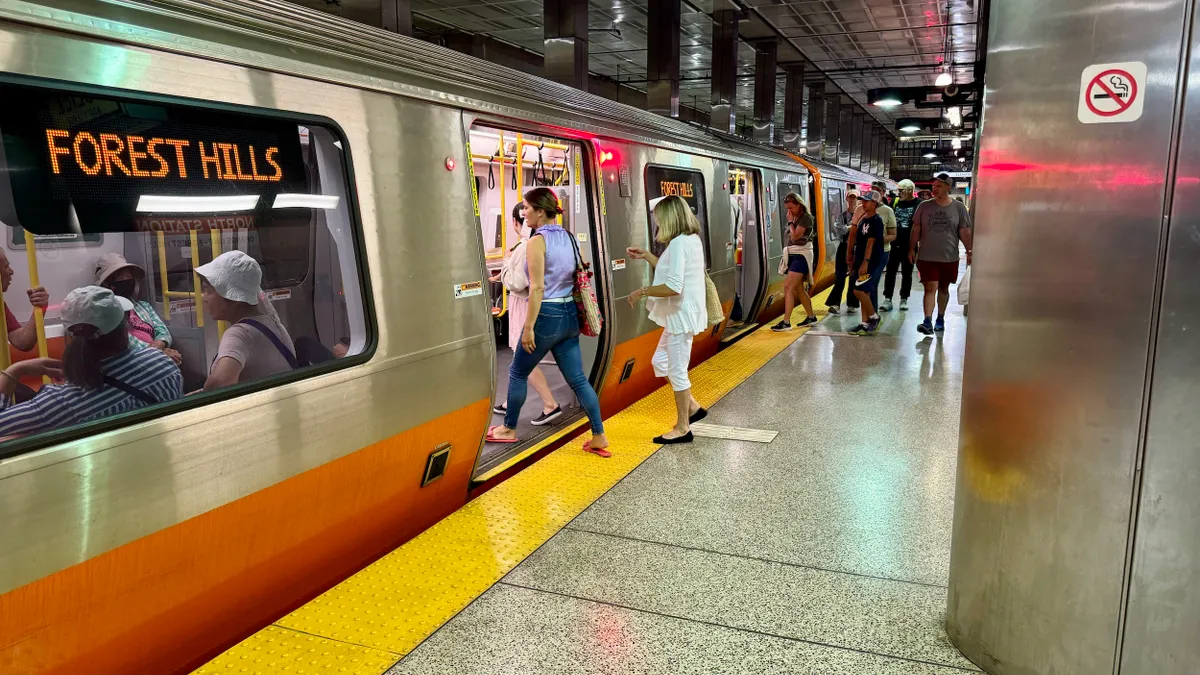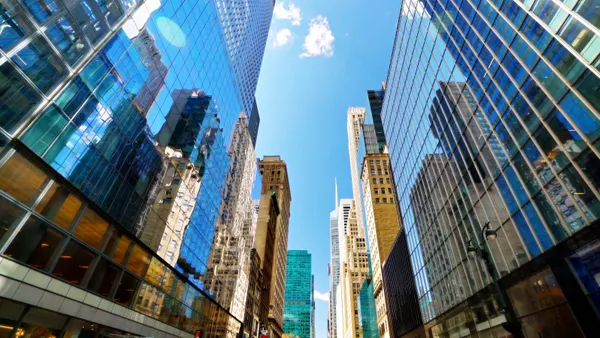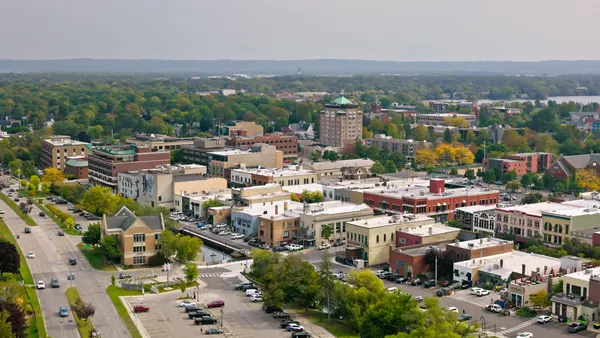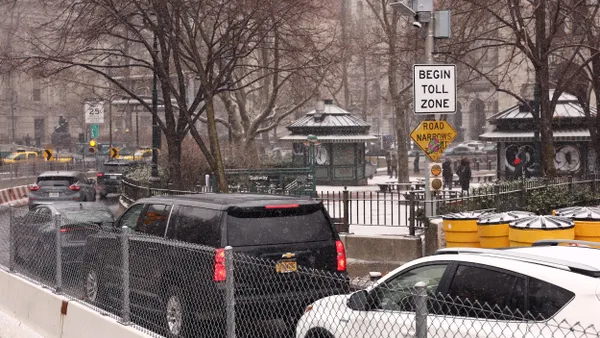Dive Brief:
- Two years after the Federal Transit Administration issued a scathing report on the leadership and safety of the Massachusetts Bay Transportation Authority, the Boston region’s transit agency highlighted service and ridership improvements in an October strategic plan update.
- The MBTA this month completed track work on its Orange Line, ending nearly 15 years of speed restrictions on the route and is close to finishing work that will end all speed restrictions on the Red Line. Average weekday ridership across all modes on the system grew 5.6% from June 2023 to June 2024.
- But the agency faces a nearly $700 million budget gap in its fiscal year 2026 operating budget as remaining federal pandemic relief funds dry up and revenue from a dedicated one-cent portion of the state’s sales tax hasn’t met expectations.
Dive Insight:
When current MBTA General Manager Phil Eng came onboard in April 2023, less than a year had passed since the FTA exerted its safety oversight role of the transit agency’s system following a number of safety incidents that included derailments, train collisions and grade crossing fatalities. Eng previously headed the Long Island Rail Road and New York City Transit, both part of the New York Metropolitan Transportation Authority.
Eng set about fixing the mess he inherited by repairing tracks and removing speed restrictions — work that shut down rail segments for days on end, inconveniencing commuters. Yet 57% of over 300 readers surveyed by Boston.com gave Eng an A or B grade in an April 2024 poll. “The work we are doing now is the foundational work that will pave the way as we build a system for future generations,” he said in a Nov. 13 statement.
There is still much work ahead. A November 2023 estimate of the MBTA’s capital needs for repair and replacement of infrastructure and rolling stock came in at about $24.5 billion. The agency says it has been awarded over $616 million in federal grants since April 2023.
In June, the MBTA board authorized $9.6 billion for a five-year capital investment budget. The transit authority is buying new commuter rail cars, will replace a draw bridge that carries trains into and out of Boston’s North Station and will bring battery-electric trains to the Fairmount Commuter Rail Line, which serves an environmental justice community.
Helping the MBTA is some of the revenue from a “millionaire tax” approved by Massachusetts voters in 2022 that goes to education and transportation. However, the 4% surtax on income above $1 million is not enough to fill the coming gap in the transit agency’s operating budget.
A task force established in February to create a sustainable transportation finance plan for the state will report its recommendations to Gov. Maura Healey by the end of this year. The Transportation Funding Task Force is chaired by the state’s transportation secretary, Monica Tibbits-Nutt, and includes members from the state legislature, the AFL-CIO, regional chambers of commerce, Eng and others.












